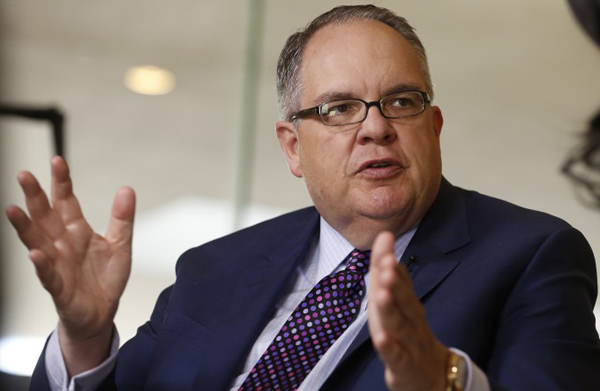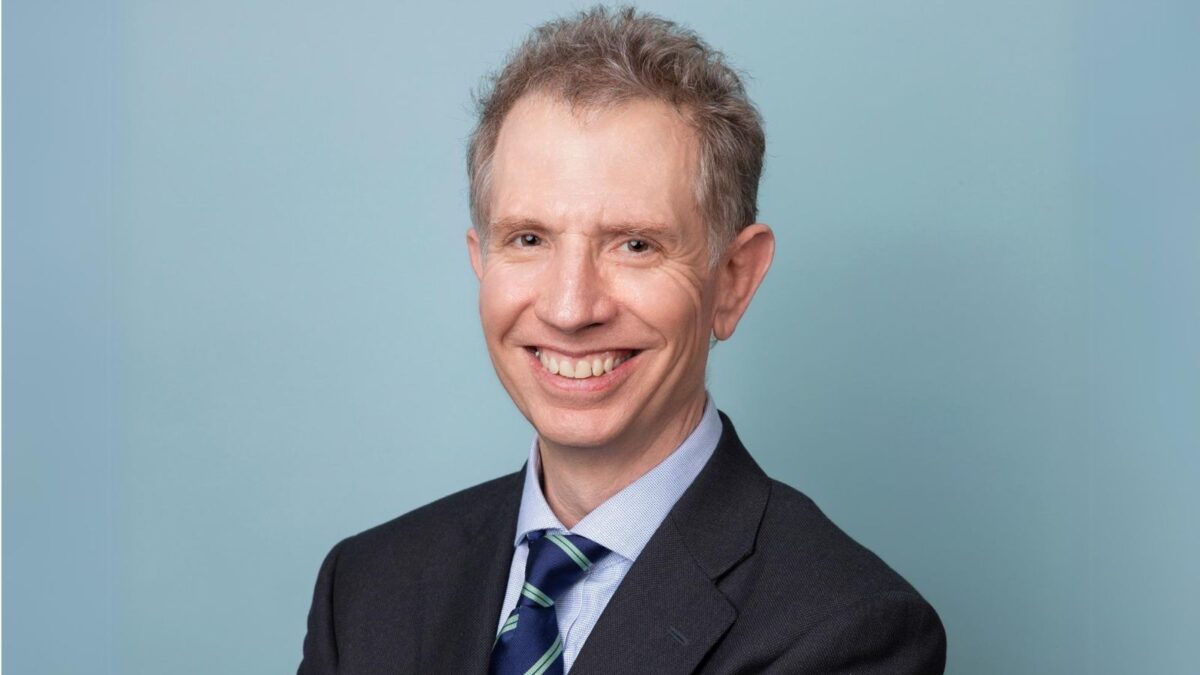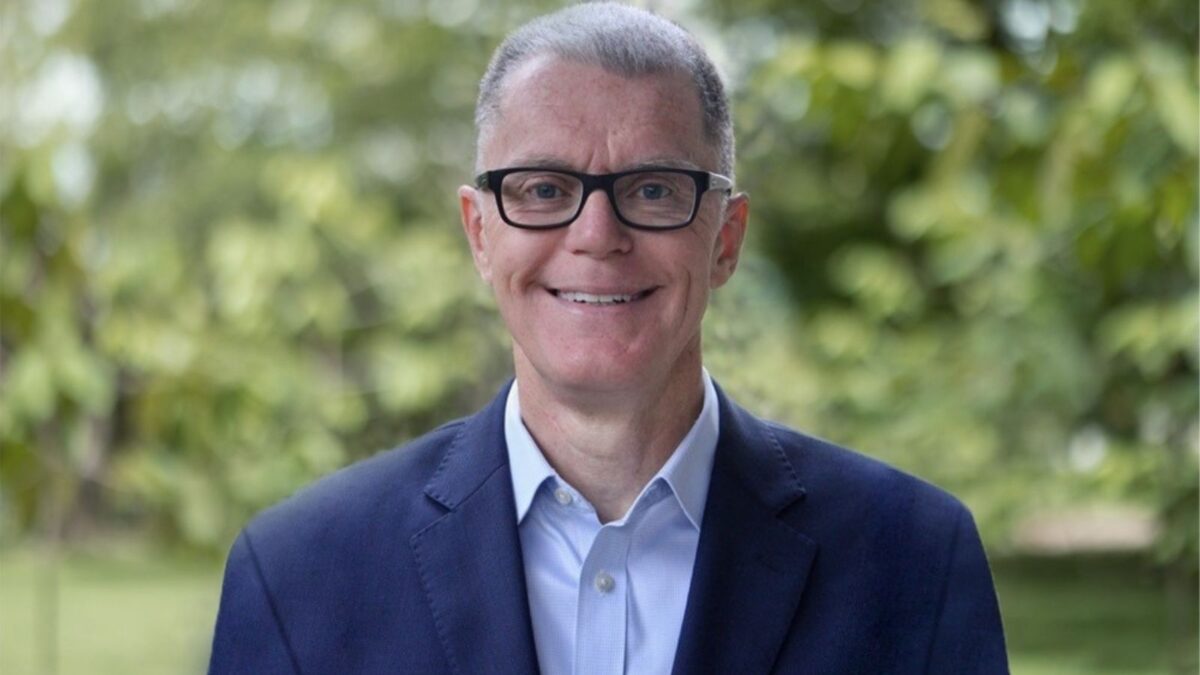Australia avoids worst of State Street’s global redundancies
State Street announced in Boston last Friday, January 18, that it would be letting go about 1,500 staff – 6 per cent of its workforce – at its various offices, particularly in “high cost regions”, and losing 15 per cent of senior manager positions in a US$350 million program to cut costs.
State Street’s assets under custody and administration were down 7 per cent to a touch under US$34 trillion and assets under management for SSGA down 10.8 per cent to US$2.8 trillion over the year to December 31, both primarily due to market movements.
In terms of the cost-cutting program, the bulk is a “reposition charge” of US$223 million, which includes employee compensation and benefits of US$198 million and US$25 million in occupancy costs.
In Australia, some re-structuring at the top was already underway with the announcement earlier last week of the promotion of Ian Martin in Hong Kong to a broader role. Martin used to run the Australian Global Services (custody) and Global Markets (treasury and FX) operations in Australia before moving to Hong Kong. His new role is chief executive of the region as well as regional head of Global Services.
Chris Taylor, the head of Global Services for south-east Asia and the Pacific and head of Global Markets for Australia and New Zealand said over the weekend: “Ian Martin’s succession to the role of CEO of State Street, Asia Pacific, means in the coming weeks I will move into a client-focused regional role and Daniel Cheever will take over as head of Global Services, Australia.
“Locally, job losses at senior management levels have been minimal, with only two senior-level regional roles located in Australia impacted,” Taylor said.
State Street has, arguably, the most mobile senior management of any of the big global custodian banks and fund managers. Taylor, for instance, is an expert in securities lending who worked for State Street in London before adopting a wider securities services role, in charge of sector solutions, in Hong Kong and then moving back to Australia. He has been at State Street since 1989 and worked in London, Tokyo, Hong Kong and Sydney.
Ian Martin succeeds Wai-Kwong Seck in his new role and will report to Andrew Erickson, the Boston-based head of Global Services worldwide, who is another Australian who also spent several years in State Street’s Tokyo office. Both Martin and Erickson have been with State Street for more than 25 years.
In last Friday’s announcement, Ronald O’Hanley, State Street’s president and chief executive, said: “Over the course of 2018, I have engaged with State Street’s stakeholders including our investors, clients, employees and regulators. I have also led a re-examination of our investment servicing and investment management strategies. State Street has strong client relationships, unique assets and is well-positioned in attractive, high-growth markets. While we have made progress on our technology transformation, much remains to be done and we are not satisfied with our recent performance. Structural costs are still too high and our automation efforts have not moved fast enough.”
O’Hanley said: “The changes we are making will position us well to realize our three-year strategic vision to be the leading asset servicer, asset manager, and data insight provider to the owners and managers of the world’s capital, which I outlined last month. We have already initiated a series of actions and as a result we are highly focused on increasing capital return, revenue growth and margin expansion. I am confident that our strategy represents a significant opportunity to deliver growth, drive innovation and enhance shareholder value.”
– G.B.










